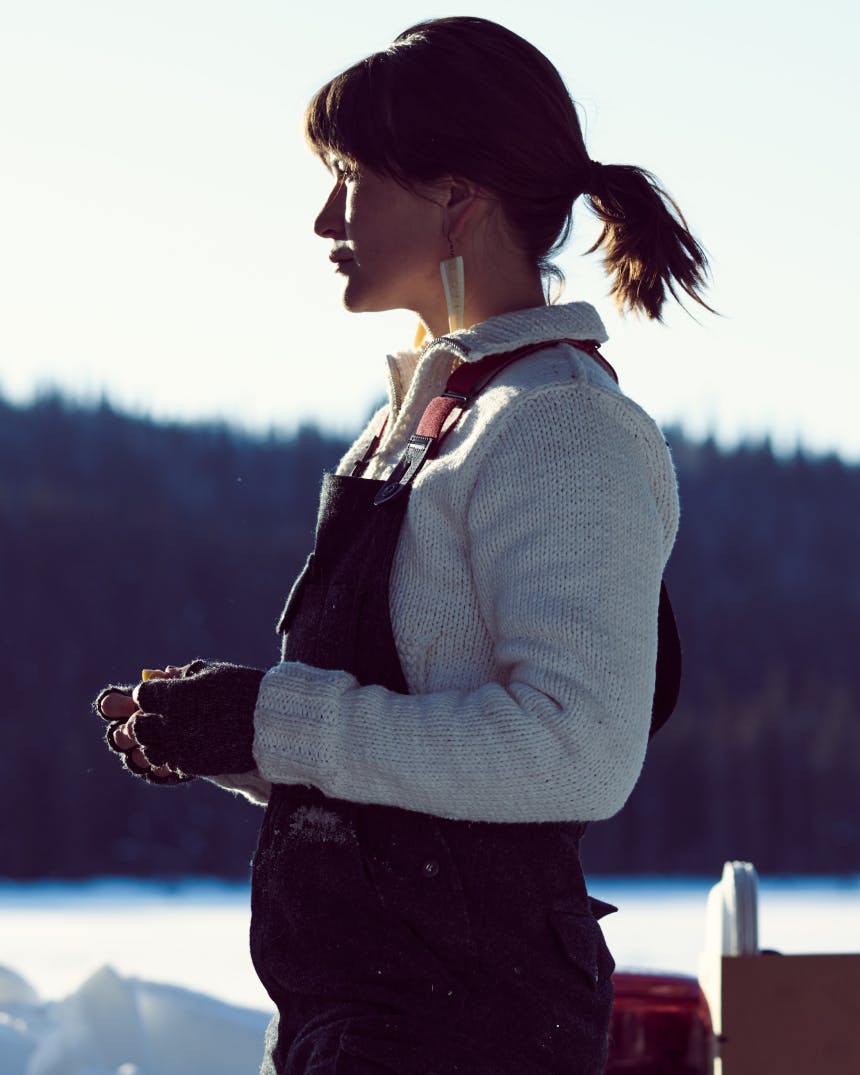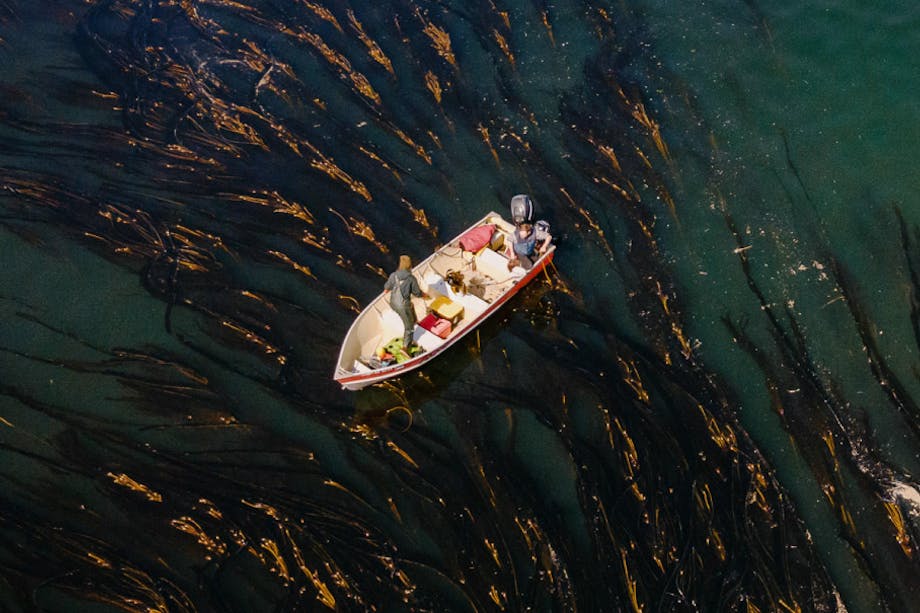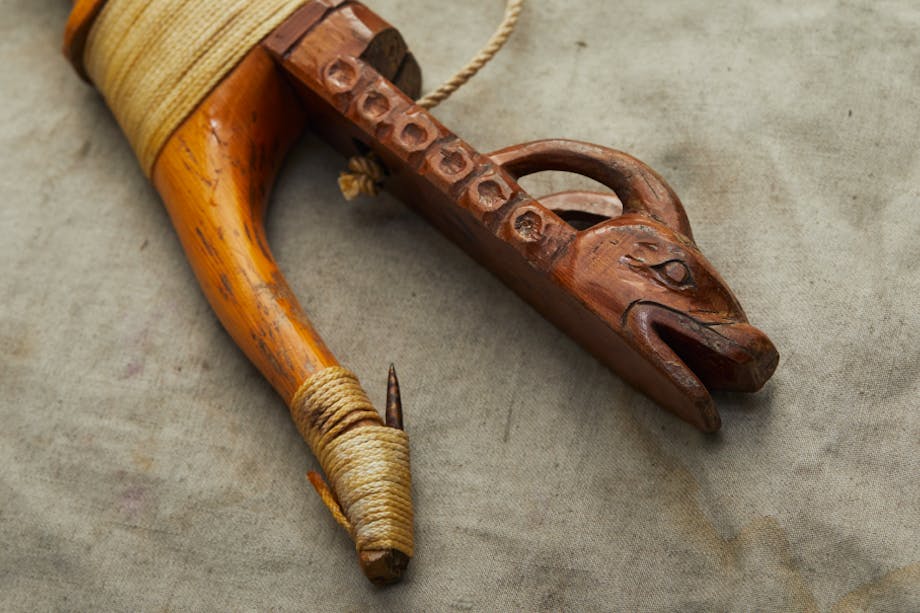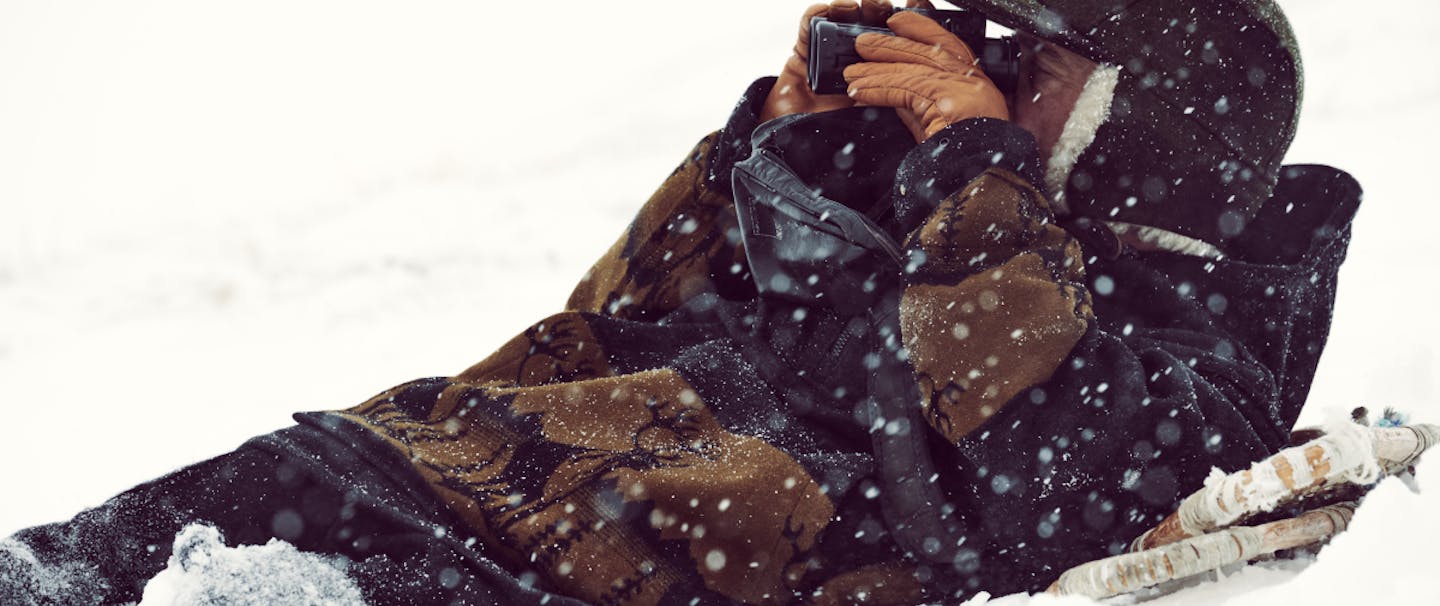Deenaalee Hodgdon is an Indigenous queer artist and nomad. They circulate seasons between commercial fishing in Bristol Bay and participating in various forms of storytelling through the winter. Deenaalee’s writing lies at the cross trails of ethnography, poetry, and frantic free writes. They are happiest when harvesting from the land, living on the water, grounding themselves in the mountains, and learning new practices.
AUGUST
by Deenaalee Hodgdon
Cycling, I chop birch rounds and place their fragmented selves into the woodshed. Last season’s leaves are almost fully decomposed, ready for the new layer to fall from their high canopy. Breathing in fermented highbush cranberries and rose hips, ripe to drop, I exhale as the axe swings. Xint’an’—the gathering of wood, berries, and the harvesting of caribou and moose—is what I am pulled to, what my body craves during this time of year.
“I propose that prepping be known by another name: adaptation.”
It has been a cold summer across much of Alaska. Bristol Bay, where I fish in the summer, barely saw sunlight. In some ways I kind of liked it; the rain and cloud cover reminded me of cold windy days on the beach of South Naknek. Now, in the interior, the chill of an early autumn begs the question: do I have enough firewood to heat my yurt and is it dry enough so that it doesn’t burn green, releasing more carbon emissions than necessary? How did my Ancestors do it? How did they prepare so thoroughly?

While “prepping,” a fad that has emerged through popular TV shows, is often scoffed at by people that live in the city, there’s no denying we’ve always, up until the industrial revolution, had to prepare for the changing of the seasons ahead. Now in the time of rapid climate change and pandemics, defined by toilet paper hoarding, massive wildfires, extreme floods, multiyear drought, and mass migration, I propose that prepping be known by another name: adaptation.
Alaskans are often known for their grit and tenacity to preserver through extremes. When I worked as a cultural interpreter in Denali National Park, I would often share with guests that normal wintertime temperatures roughly hovered around -40 F° below. In that weather, a wood stove, fueled by birch and pine gathered in the spring and fall, is a critical, economic means of heat … and, I dare say, survival.
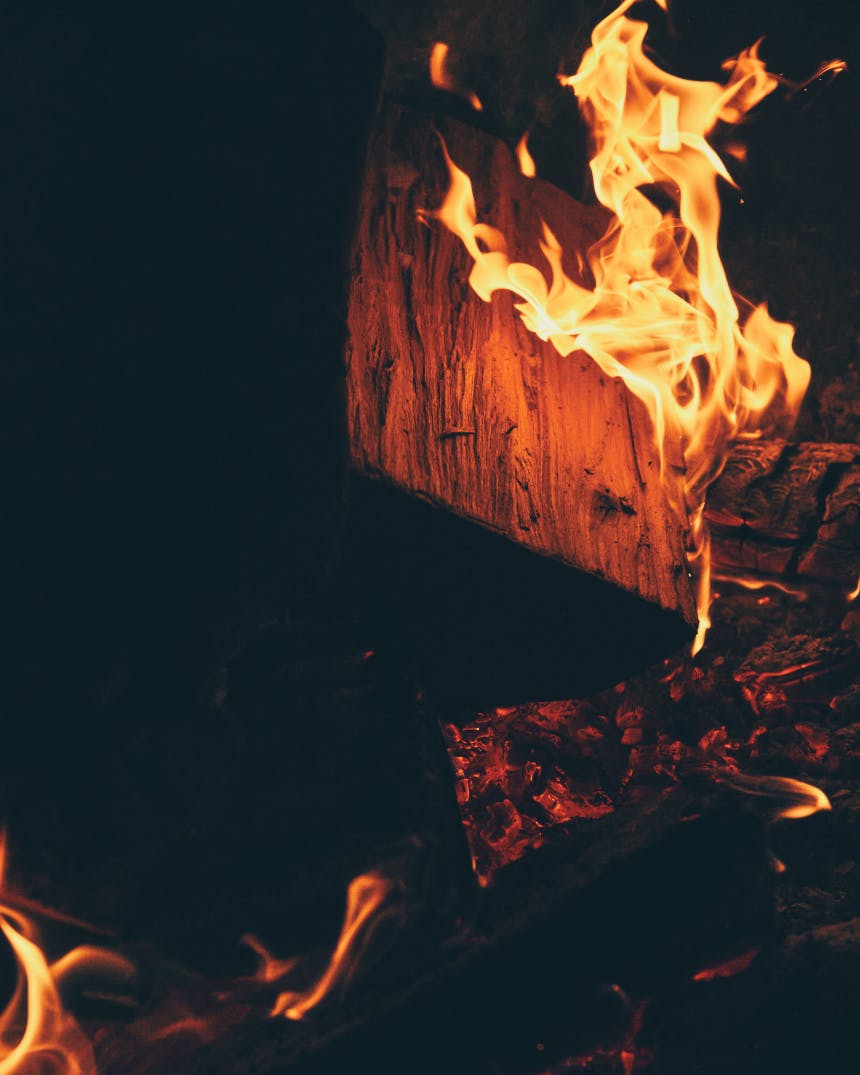
In the evening, I build a fire, thankful that for right now, I don’t need to keep one burning all day. I pull out a fillet of salmon, smothering it in spruce tip jelly and birch syrup to sear on the cast-iron pan, and whisper Quyana for these practices of preparation and adaptation.

